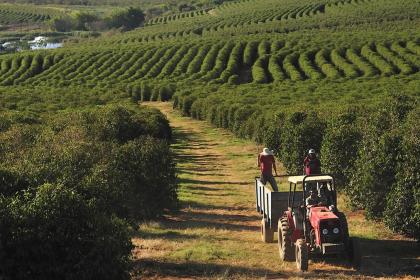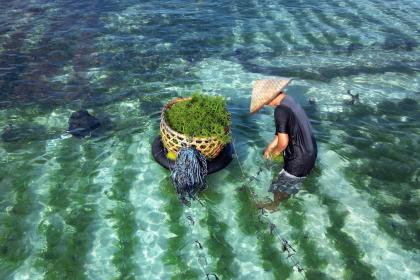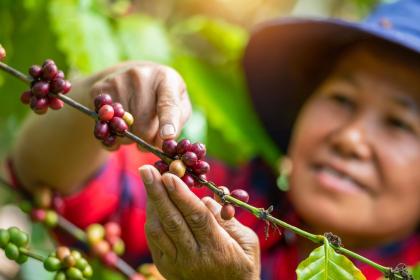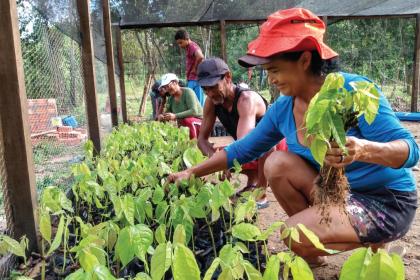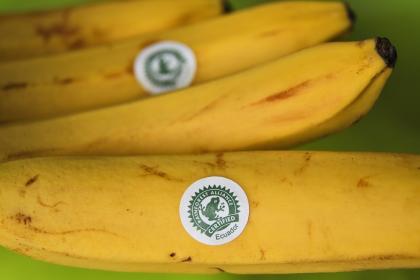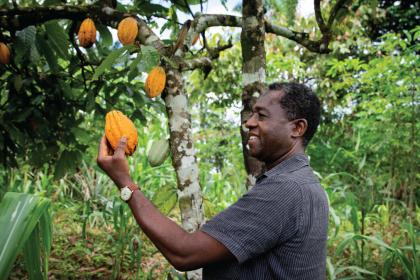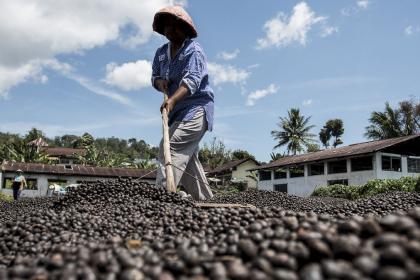The aim of the Global BioTrade Facilitation programme is to synchronize and leverage results from previous phases and thus contributing to unfold the potential of the BioTrade approach for biodiversity conservation as well as poverty reduction.
The overall objective of the continued programme is to support key stakeholders to seize and capitalize on trade opportunities. At the same time, the programme advances the implementation of SDGs, the Aichi Targets as well as the Kunming-Montreal Global Biodiversity Framework adopted last December 2022.
UNCTAD steers, coordinates and facilitates joint actions of key stakeholders at the national, regional and international level and addresses key concerns limiting the trade flows of biodiversity-based products and services.
The programme builds on the following three pillars:
Coordination and knowledge sharing among stakeholders
The programme ensures coordination on key BioTrade issues. UNCTAD steers and leverages the capacity of different BioTrade partners to share information. Furthermore, through a structured approach to collaboration, visibility for the partners' work is enhanced and thus incentives for engagement provided. This approach shall further strengthen the business case for BioTrade and help mainstream it into sustainable sourcing and development strategies.
Enabling favourable policy environment for BioTrade companies
BioTrade companies are supported to overcome non-tariff measures (NTMs) and to implement national schemes of access and benefit sharing (ABS) in order to enable their continued participation in the international market. Furthermore, the programme will illustrated how the private sector as well as governments can also use BioTrade to report on the implementation of international processes (e.g. SDGs).
Facilitate market linkages for BioTrade companies
The programme supports private companies and other partners to increase their knowledge on BioTrade as well as their capacity to raise awareness of BioTrade. Partners will also be encouraged to stimulate growth and development of ethical sourcing practices and sustainable supply chains in relation with the BioTrade principles and criteria.
The duration of the programme was extended until October 2024. During this period, UNCTAD will focus on enhancing the sustainability of the BioTrade concept and work while expanding its scope of work to other emerging trade and biodiversity related issues.
These issues include: smallholder food systems and agricultural commodities; oceans and the blue bioeconomy; circular bioeconomy; trade and biodiversity statistics; biodiversity and voluntary standards; finance, among others.
Link to the SDGs:
It contributes to SDGs, particularly to SDGs 12, 14, 15 and 17.
Monitoring and Evaluation
UNCTAD is responsible for the monitoring, internal evaluation and reporting of the programme impacts, outcomes and outputs. The annual Stakeholders' Steering Committee meeting provides a platform for progress reporting, feedback and recommendations on programme implementation. Additional monitoring and evaluation activities are done virtually, including through electronic means, phone calls or meetings organized back-to-back with other programme or partners' events.
An external mid-term evaluation as well as an external final evaluation of the programme may be commissioned by SECO. Should an external evaluation not take place, UNCTAD will conduct a participatory self-evaluation.


